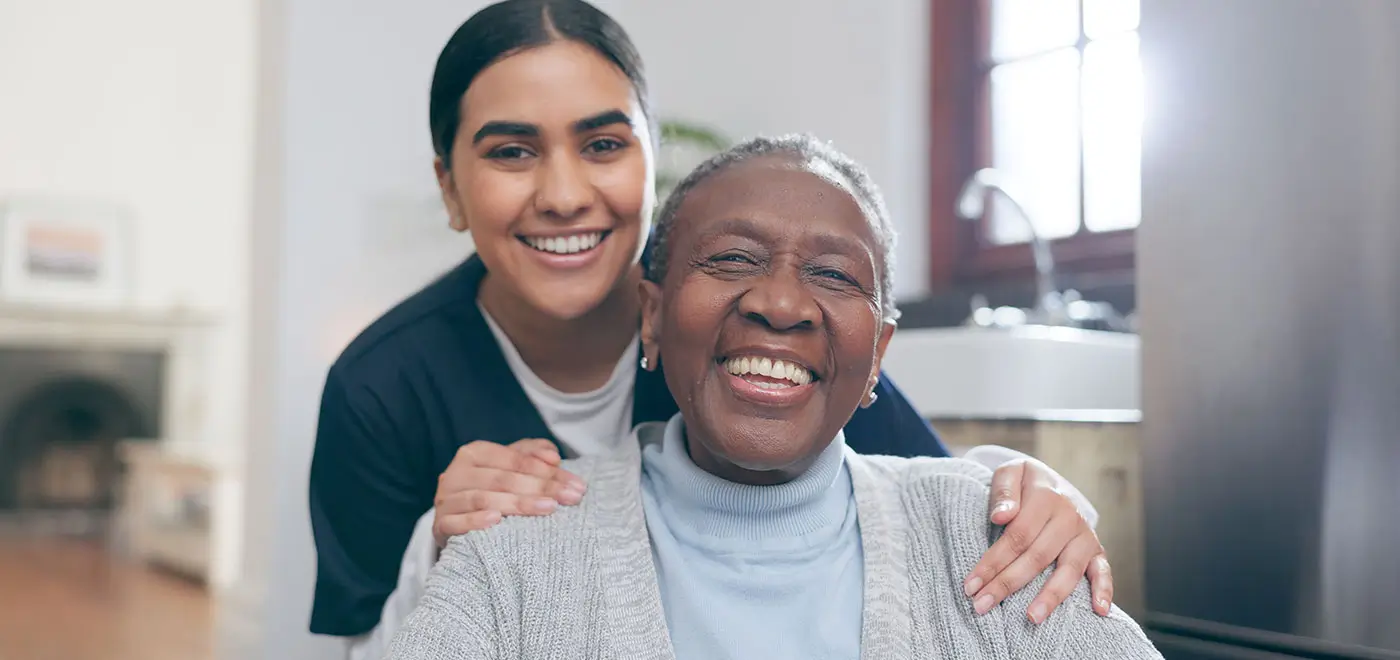How Illness Changes Family Relationships
How Illness Changes Family Relationships

Understanding How Illness Changes Family Dynamics
“When a medical crisis occurs, family relationships inevitably change. The future changes, and the family’s definition of itself changes with it.”
Bob Cameron, a licensed clinical social worker at Baltimore’s Sinai Rehabilitation Hospital, likens illness or disability to “the intrusion of an unwanted family member who has come to stay.” Initially, family members focus their entire energy on managing the illness, often at the expense of maintaining balanced relationships.
Coping with Lost Dreams and New Realities
The loss of one’s dreams and the need to alter expectations of what life is going to be like can be a major cause of problems in family relationships. When illness or disability strikes, your vision of the future is turned upside down.
“Hearing the doctor say that Sally had muscular dystrophy was like a bullet in my heart. I saw all of my dreams for her future seep away.”
“I always imagined mom and dad having a beautiful retirement, and then one day they would both just peacefully die in their sleep. I never dreamed dad would have Alzheimer’s, mom would have to care for him, and that I’d be caring for them as well as my kids.”
“People feel cheated,” according to Ellen Luce, a family therapist with the Pastoral Counseling and Consultation Center of Greater Washington. Ms. Luce speaks from both professional and personal experience – she has lupus, and her husband Donald has multiple sclerosis.
“It’s no wonder people are angry,” Ms. Luce asserts. “Family members sometimes compound the problem by directing their anger at each other, thereby alienating those who love them the most.”
“I sometimes suggest that people have a ceremony to grieve over the loss of their dreams. It lets them know it’s okay to be angry and to feel intense sadness. It can also speed them on the way to creating new dreams based on realities, and that really is the key to healing.”
Building new dreams is crucial to moving forward. Focusing on what is possible, as opposed to what is not, leads to individual growth, self respect, and development of relationships on a new footing. However, the caregiver and care receiver may not simultaneously be ready to build new dreams. Because of the altered situations in which they find themselves, they may first need to forge a new definition of self.
Adapting to New Roles in Caregiving
Role Reversals in Family Relationships
When illness enters a family, roles often reverse dramatically. Adult children become parents to their aging parents, while spouses must balance being both a caregiver and a partner. These role reversals can create complex emotional dynamics and strain relationships.
Spousal Relationships Under Stress
For couples, illness can significantly impact the balance between dependence and independence. The challenge of transitioning between caregiver and spouse roles can strain intimate relationships and require careful navigation of new boundaries.
Parental Caregiving Challenges
Parents caring for ill or disabled children often struggle to maintain their own relationship while meeting their child’s needs. The guilt and intensive focus on the child can lead to neglect of the spousal relationship, creating additional family stress.
Strengthening Family Relationships In Caregiving
- Maintain open lines of communication, even when conversations are difficult
- Find creative ways to preserve normalcy in relationships
- Practice self-care while caring for others
- Keep your sense of humor and perspective
- Make conscious decisions about what you can and cannot control



